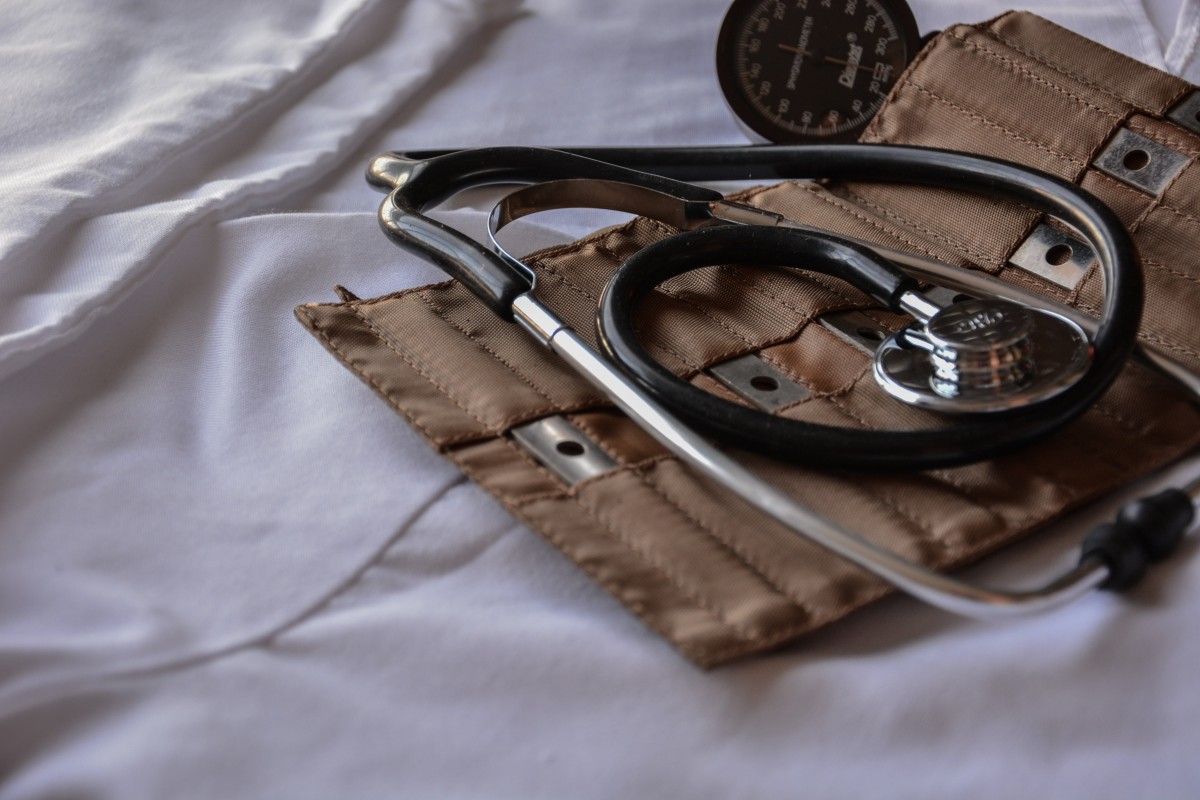
New Delhi: The Union ministry of health and family welfare ministry has drafted the country’s first national policy pertaining to rare diseases. If implemented, the policy will require the Indian Council of Medical Research to maintain a registry of rare diseases, currently numbering 450 in the policy document.
However, it’s short on details about the government’s roadmap on implementation, which is one reason why experts have called the policy “inadequate” even as they welcomed the government’s initiative on what continues to be a sensitive issue.
The first draft of the policy was prepared by the health ministry in 2017 and had appointed a committee in 2018 to review it. It classifies rare diseases into three categories: “diseases requiring one-time curative treatment, diseases that need long-term treatment but the cost is low, and diseases that require life-long treatment and the cost is high,” the Indian Express reported.
The Centre is expected to provide Rs 15 lakh each to patients of rare diseases who require one-time treatment under the Rashtriya Arogya Nidhi Scheme, which covers osteopetrosis, immune deficiency disorders and lysosomal storage disorders. However, the policy also requires potential beneficiaries to already have registered with the Pradhan Mantri Jan Arogya Yojana, which excludes people from households with an income of at least Rs 10,000 per month, among other criteria. In effect, the policy will include the poor but potentially exclude anyone even slightly better off – a problem because rare diseases are typically costlier to treat.
The policy estimates that treatment for a child weighing 10 kg ranges between Rs 10 lakh and Rs 1 crore per year, and progressively increases with age. Currently there are no Indian manufacturers that make drugs for rare diseases, which implies those drugs that are available must be imported, further adding to the bill.
Other diseases in the document include haemophilia, thalassemia, sickle-cell anaemia and primary immuno-deficiency in children, auto-immune diseases and lysosomal storage disorders.
The policy also recommends that state governments support patients of the second category of diseases, which require long-term but low-cost treatment.
On the flip side, its principal issue is that it suggests that the relevant institutions, such as hospitals, meet costs through crowdfunding and digital marketing. As a result, experts have argued that the government is essentially freeing itself of any additional financial responsibility.
“The policy is at least the beginning of a discussion on rare diseases in the country,” Prassana Shirol, founder of the Organisation for Rare Diseases India, told the Indian Express. “But [while] last time they announced a Rs-100-crore corpus fund, now there is no budget. There is no clarity on Centre and State responsibilities” either.
As The Wire has previously reported, the WHO defines rare diseases as disorders that “affect no more than 5,000 individuals at any given time” around the world. For example a progressive bone disorder called Jansen’s metaphyseal chondrodysplasia is so rare that it counts only 30 patients worldwide.
As a result, researchers have a hard time ascertaining whether an individual does indeed have a certain affliction; even if they are able to develop a suitable treatment regimen or even a drug, pharmaceutical companies have little interest in manufacturing them because of the naturally low demand.
According to the Union health ministry, about 95% of rare diseases have no approved treatment; the new policy also acknowledges that fewer than one in 10 patients in India receives disease-specific treatment.
All together, the government’s plan to not have to spend more than it does could render the policy meaningless, or a marginal improvement at best.
“The government claims it will provide financial assistance for children only till the age of two years for lysosomal disorders. Even that amount will not last for more than a month. One-time treatment will not help,” Manjit Singh, president of Lysosomal Storage Disorder Support Society, told the Indian Express.

